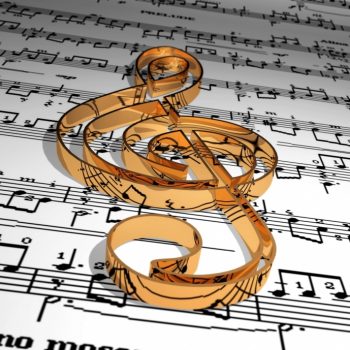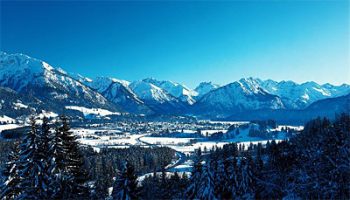Archive for January, 2011
Idiomatische Redewendungen – Idiomatic expressions Posted by Sandra Rösner on Jan 31, 2011
Language is not always logical. This is generally true for idiomatische Redewendungen (idiomatic expressions). Idioms are words or phrases that do not have literal meanings but figurative meanings. I would like to post a series on German idioms [from time to time] in order to enhance your linguistic competence. Enjoy! 🙂 an allen Ecken und…
Musik und Musikinstrumente – music and musical instruments Posted by Sandra Rösner on Jan 29, 2011
In my previous post I already told you about an Australian friend, whom I got to know some weeks ago. Another reason why I tell you about this encounter is concerning music. In our first Unterhaltung (conversation) he told me that he plays the guitar, which is my Hobby (hobby) as well. This is why…
Skigebiete in Deutschland – Skiing regions in Germany Posted by jan on Jan 27, 2011
Down from approximately the middle, Germany is a pretty hügeliges (hilly) country. There are some Mittelgebirge (low mountain ranges) and close to the southern boarder, Germany joins the European alps.
My Experience and Scientific Results about Second Language Learning Posted by Sandra Rösner on Jan 26, 2011
In this post I would like to tell you about eine Begegnung (an encounter) I had some weeks ago because this zufällige Begegnung (chance meeting) gave rise zwei Themen in einem Zug anzureißen (to touch on two topics in one go). Additionally, you have the opportunity to enlarge your vocabulary. One of the two topics…
What do Germans eat for breakfast? Posted by Sandra Rösner on Jan 18, 2011
When I get in contact with foreign cultures I am always curious about what other peoples have for Frühstück (breakfast). So, I thought that you could be curious, too, about what we Germans have for breakfast. Germans think breakfast is the most important meal of the day because it gives you all the energy you…
Contraction of prepositions and definite articles in German Posted by Sandra Rösner on Jan 9, 2011
In German it often occurs that definite articles and prepositions are contracted. This is, however, only possible when the article is not stressed. The contracted form of the definite article is called clitic – an unstressed ‘word’ that only appears when it can lean on another word. Clitics do also, in other grammatical forms, exist…





